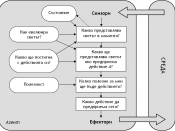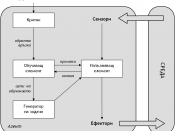Joining the Raycliff school in the 4th grade, not knowing what grade I should actually be in, I was extremely intimidated. By the end of the first week, I came home telling my mom, "I can't take real classes, I'm not smart enough." but I figured it out. I figured out how to survive in a new environment. I adapted. Although I had been home schooled until this experience, I adjusted to a new every day routine.
The change from Raycliff to Johnson prep in the 10 grade wasnt as jarring, but I immediately felt the pressure to get good grades. In Falmouth now, I had become settled into the 'normal' learning techniques. Taking the core classes; math, science, history, etc., I began to focus on getting better marks. Not because I believed that those grades would translate into a bright future, but because the norm was to get good grades.
Even in middle school, kids were studying for hours a night, trying to get a perfect score, to be the perfect child, to be the perfect image of intelligence.
My view of intelligence is different. Grades, to me at least, don't mean nearly as much as 'life-smarts'. Learning about Hammurabi's Code and how Iron reacts with beryllium doesn't necessarily make you intelligent. To be intelligent, you need to be more well rounded. You need to know how to prosper in everyday life. If I want to be a historian, yes I'm going to need to know about Hammurabi's Code. If I want to be a chemist, yes I'm going to need to know my chemical reactions. People with those careers are automatically considered intelligent. Not saying they aren't, but people who read books all day or work in a lab for 17 hours straight, miss an important part...


